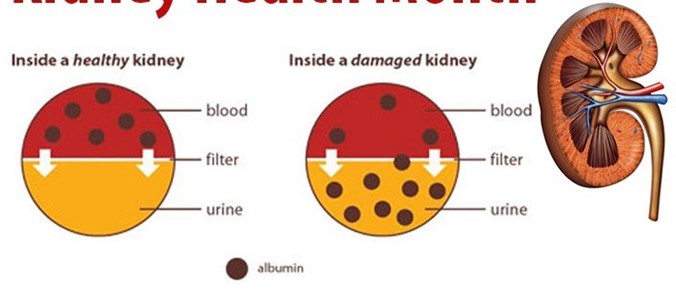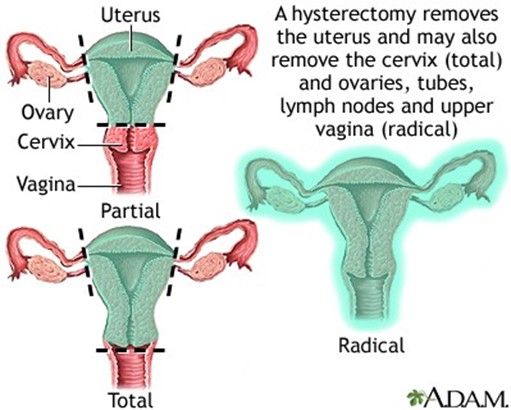The practical nurse (PN) is caring for a toddler during a follow-up visit after corticosteroid treatment for minimal change nephrotic syndrome (MCNS). Which finding should the PN recognize as an early sign of relapse?
Increased thirst.
Tachypnea.
Albuminuria.
Rounded face.
The Correct Answer is C
Albuminuria, or the presence of albumin in the urine, is an early sign of relapse in a toddler with minimal change nephrotic syndrome (MCNS) who has been treated with corticosteroids. MCNS is a kidney disorder that can cause the body to excrete too much protein in the urine, leading to albuminuria. The practical nurse should recognize this finding as an early sign of relapse and take appropriate action to manage the child's condition.
The other answers are incorrect because they are not directly related to the early signs of relapse in a toddler with minimal change nephrotic syndrome (MCNS) who has been treated with corticosteroids.
- Increased thirst is not a known early sign of relapse in MCNS.
- Tachypnea, or rapid breathing, is not a known early sign of relapse in MCNS.
- A rounded face can be a side effect of corticosteroid treatment, but it is not an early sign of relapse in MCNS.

Nursing Test Bank
Naxlex Comprehensive Predictor Exams
Related Questions
Correct Answer is C
Explanation
A positive indirect Coombs' test indicates that the mother has developed Rh antibodies against the baby's Rh-positive blood. This finding can result in hemolytic disease of the newborn, which is a condition in which the mother's Rh antibodies atack the baby's red blood cells, causing destruction and potential anemia.
The baby may require phototherapy for physiologic jaundice, but the Coombs' test result indicates a different issue.
The presence of an infectious blood-borne disease cannot be determined from this test.
The mother may still need Rho (D) immune globulin injections after delivery of an Rh-positive baby.

Correct Answer is D
Explanation
To help increase an older adult's magnesium level following a hysterectomy, the practical nurse (PN) should suggest that the client increase her intake of protein in fish. Fish is a good source of magnesium, which is an essential mineral that plays a role in many bodily functions. Increasing the intake of magnesium-rich foods such as fish can help raise the client's magnesium level and improve her overall health. The other foods listed may also provide some nutritional benefits, but fish is the best choice for increasing magnesium intake in this situation.

Whether you are a student looking to ace your exams or a practicing nurse seeking to enhance your expertise , our nursing education contents will empower you with the confidence and competence to make a difference in the lives of patients and become a respected leader in the healthcare field.
Visit Naxlex, invest in your future and unlock endless possibilities with our unparalleled nursing education contents today
Report Wrong Answer on the Current Question
Do you disagree with the answer? If yes, what is your expected answer? Explain.
Kindly be descriptive with the issue you are facing.
